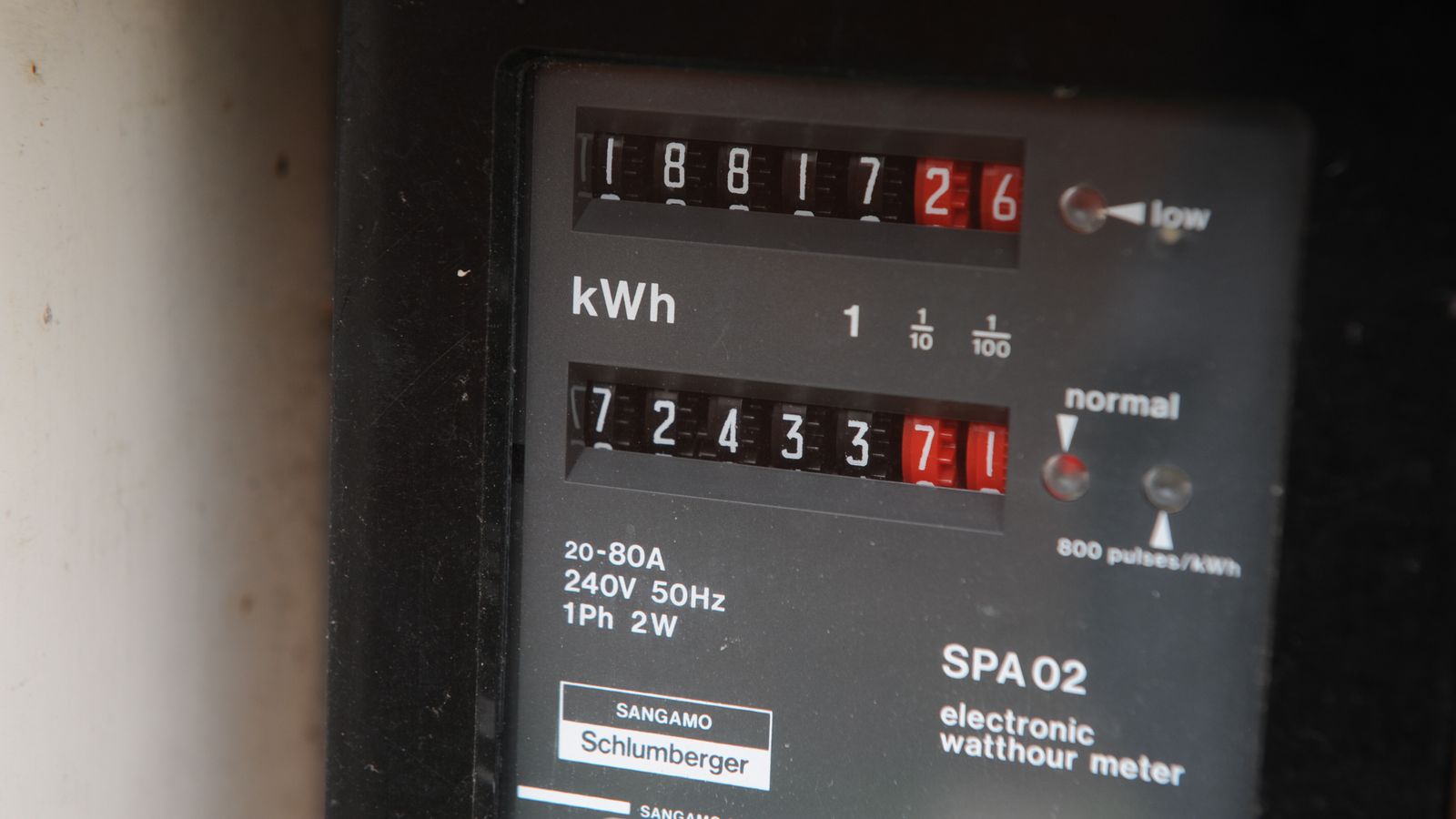
The energy price cap is to rise to an average annual £1,928 from January, the sector's regulator has announced.
Ofgem said a typical household paying by direct debit for gas and electricity faces forking out 5% more when compared to the annual cap figure covering September to December, which equates to £94 more over the course of a year.
The new average figure largely reflects higher wholesale costs heading in to the cold winter months and also includes a shift in Ofgem's cap calculation based on average domestic energy use.
Instability and global events, particularly the war in Ukraine, are behind the rise, Ofgem said.
The increase, while widely expected, leaves households facing the prospect of further pressure on their finances in the new year.
While the rate of inflation has fallen back from the energy-led peak above 11% in the wake of Russia's invasion of Ukraine, the pace of price growth in the economy remains high.
Read more business
Nissan to deliver boost for Sunderland after government EV talks
There's one important chart that wasn't in the autumn statement - and it's a depressing one
Things could be getting worse for bill payers, the chief executive of research firm Cornwall Insight, Dr Craig Lowrey said.
"As we move through 2024, it's not just the persistently high unit costs that will be a worry; the looming rise in electricity standing charges from April adds another layer to the equation".
Without energy support measures in the autumn statement, consumers are likely to look at reducing energy usage to counteract high bills, Dr Lowrey said.
This omission was described as a "missed the opportunity" by Citizens Advice who said they're already helping record numbers with energy debt and seeing more people than ever who can't afford to top up their prepayment meter.
Even low electricity households cannot be inoculated from the rises, as Dr Lowrey added standing charges for gas and electricity, which have increased and are due to increase again in April, make up about 16% of overall household bills.
The key problem is the reliance on gas and energy imports in Britain, he said.
"We need a long-term strategy that reduces our dependence on imports of energy - particularly gas.
"By investing in domestic renewable energy sources, we can start to break free from the international market fluctuations and stabilise our energy prices for homes and businesses alike."
But customers may benefit from moving supplier or electricity plans, said the Ofgem chief executive, Jonathan Brearley.
"We are also seeing the return of choice to the market, which is a positive sign and customers could benefit from shopping around with a range of tariffs now available offering the security of a fixed rate or a more flexible deal that tracks below the price cap.
Consumers were advised by Mr Brearley to seek independent advice from trusted sources and consider whether the lowest price or the security of a fixed deal is most important.
A lack of universal support for energy bills this winter reflects the fact that wholesale prices have recovered composure after last year's rush for natural gas across Europe.
However, they remain elevated and the price cap is still more than £1,000 above the pre-pandemic average.
https://news.google.com/rss/articles/CBMicGh0dHBzOi8vbmV3cy5za3kuY29tL3N0b3J5L2VuZXJneS1wcmljZS1jYXAtYXZlcmFnZS1iaWxsLXRvLXJpc2UtYnktOTQtZnJvbS1qYW51YXJ5LXJlZ3VsYXRvci1hbm5vdW5jZXMtMTMwMTM2ODbSAQA?oc=5
2023-11-23 07:30:06Z
2613963978
Tidak ada komentar:
Posting Komentar